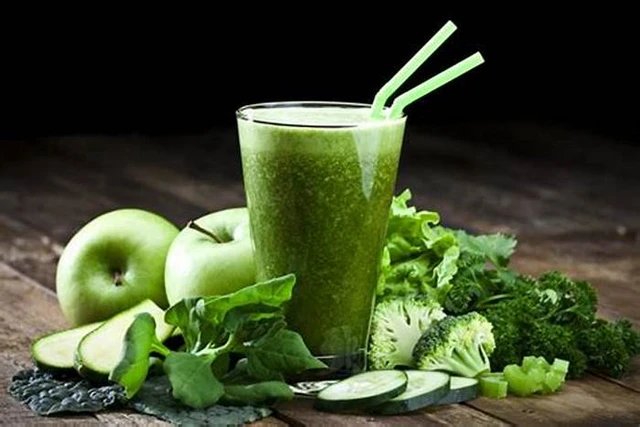Although fruit juice is a delicious and nutritious drink, drinking too much or too often is not necessarily good, and can even cause weight gain.
1. Regularly drinking fruit juice may cause weight gain
Regularly drinking a glass of 100% fruit juice every day may cause weight gain in both children and adults, according to a meta-analysis by researchers at the Harvard TH Chan School of Public Health and colleagues.
The researchers looked at 42 studies, including 17 studies of children and 25 studies of adults. They found that in children, each additional daily serving of 100% fruit juice was associated with a 0.03 higher body mass index (BMI), and in adults, the change was 0.02.
A standard serving of juice is four ounces (112g), but people often drink much more, the researchers note. Drinking a lot of fruit juice may be unhealthy because it differs from whole fruit, which contains fiber.
What happens when we eat three oranges regularly? A glass of orange juice is equivalent to about three oranges, which you will drink in a few minutes, and even drinking another one will add many calories and lead to a spike in blood sugar. Over time, this can lead to insulin resistance, metabolic syndrome, diabetes, heart disease, obesity and other chronic conditions, the researchers noted.

A glass of orange juice is equivalent to about three oranges, drinking too much will cause weight gain.
2. How to drink fruit juice to maintain a healthy weight?
Blending pulp and juice
Juicing usually removes most of the solids including seeds and pulp but still retains vitamins, minerals and antioxidants. However, up to 90% of the fiber is removed during juicing. Some soluble fiber will remain but most of the insoluble fiber will be removed.
To maximize the nutritional benefits of fruit and control sugar consumption, nutritionists recommend that people combine both juice and whole fruit. It is recommended to blend both pulp and juice. Blending will retain more fiber and beneficial plant compounds, avoiding spikes in blood sugar.
Choose low-sugar fruits
To avoid consuming too much sugar in fruit, you should prioritize using low-sugar fruits such as green apples, watermelon, cucumbers, grapefruit, oranges, etc. Limit the use of fruits that are too sweet, their juice will concentrate a lot of sugar. This type of liquid filled with sugar can cause blood sugar levels to spike, causing weight gain and obesity.
No added sugar
Noted that you should drink pure fruit juice without added sugar and should use the amount of fruit appropriate to the recommendations for each age.
The fruit itself contains a certain amount of sugar and sweetness, so there is no need to add sugar to the juice. It is not necessary to use artificial sugar because artificial sugars can also cause weight gain if used too much.
Combine fruit and vegetable juices
You should combine vegetables such as kale, spinach, celery, carrots, etc. into juice to increase fiber and reduce natural sugar. Some vitamin-rich juices that help support weight loss and beautify the skin include: Carrot – apple – celery juice; Green apple – celery juice; Watermelon – cucumber juice; Grapefruit – carrot juice…

Green apple – celery juice helps support weight loss.
Drink in moderation
Drinking too much fruit juice will provide the body with too many calories and sugar, causing weight gain, so only drink a moderate glass. We need to remember that fruit juice is only part of a balanced diet, we should not rely too much on it. To maintain a healthy weight, we need to eat a balanced diet, a variety of foods, prioritize whole, whole foods such as whole fresh fruits and vegetables combined with a regular exercise regimen.





